Photo by: Yulia Novik/Getty Images
Happy Women’s History Month!
March 1 marks the first day of Women’s History Month, where TV One celebrates and honors women globally, as well as their accomplishments and sacrifices made for society in the past and present.
The National Women’s History Alliance selects a different theme each year for the celebration.
To truly recognize their power, it’s vital to continue to spread awareness of the significant contributions that strong women have made throughout history and the present.
In celebration of the first day to kick off Women’s History Month, here is a brief history lesson on the beginning stages of the celebratory month.
According to the official Women’s History Month website, Congress passed Pub. L. 97-28 in 1981, requesting that the President declare the week commencing March 7, 1982, as “Women’s History Week,” starting the journey of expanding the week into a month and being recognized as a national holiday.
The National Women’s History Project had petitioned Congress to declare March 1987 to be “Women’s History Month,” and Congress ultimately adopted Pub. L. 100-9 as a result.
According to the website for International Women’s Day, a march through the streets of New York City by tens of thousands of women took place in 1908, as they fought for women’s rights, which included the right to vote.
The first formal National Woman’s Day was observed the next year, in 1909, however on February 28 as opposed to March 8. However, Black and Brown women were often excluded from the women’s suffrage movement, despite their several contributions.
And to continue to highlight the legacies of terrific women that changed history, this year’s theme is “Celebrating Women Who Tell Our Stories!”
Now that we’ve gotten the history lesson out of the way, here are some amazing Black women that changed the game!
Ella Baker
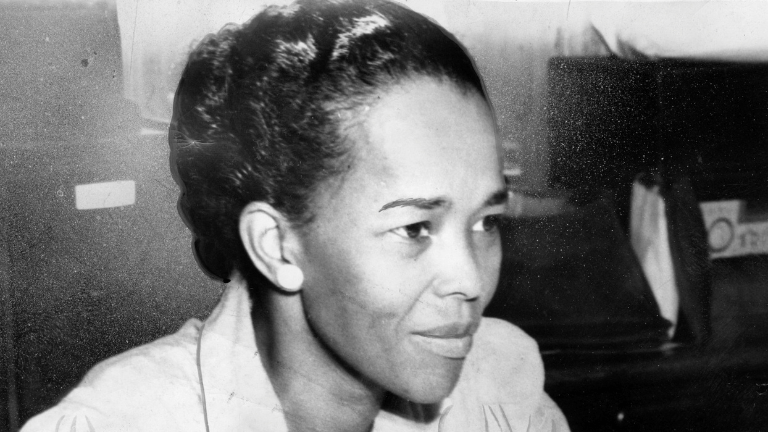
Photo by: Afro American Newspapers/Gado/Getty Images
Throughout several of the 20th century’s American progressive groups, Ella Baker served as a covert strategist.
According to The Schomburg Center for Research in Black Culture, from the late 1920s until the time of her death in 1986, Baker worked as a grassroots community organizer, activist, and leader (a word she would never have used to describe herself).
The Young Negroes’ Co-operative League (YNCL), which served as a conduit for the consumer education movement during the Great Depression era of the 1930s, the National Association for the Advancement of Colored People (NAACP), the Southern Christian Leadership Conference (SCLC), the Student Nonviolent Coordinating Committee (SNCC), and other organizations and movements were among those she worked for, directed, initiated, or supported.
Ida B. Wells
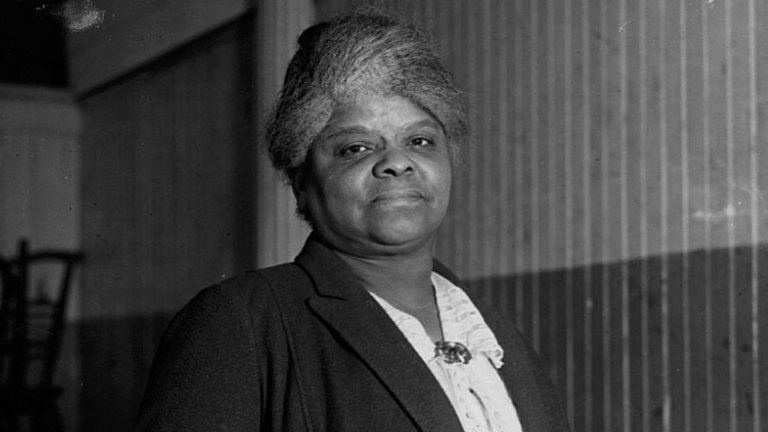
Photo by: Chicago History Museum/Getty Images
Ida B. Wells-Barnett was a phenomenal and renowned figure in history for being a prominent opponent of lynching.
While fighting as an anti-lynch activist, she was also suffragette, fighting in the tough battle to help Black women to gain the rights of her white counterparts.
Due to racism within the women’s suffrage movement, Wells and 60 other Black women participated in the National American Woman Suffrage Association’s first suffrage parade in Washington, D.C., in 1913, but were instructed to march in the rear since they were women of color where she left the march to only return with her own group.
Rebecca Lee Crumpler
Dr. Rebecca Lee Crumpler was the first Black woman to earn a medical degree when she graduated from New England Female Medical College in 1864.
According to Changing the Face of Medicine, Dr. Crumpler overcame prejudice that hindered African Americans from pursuing careers in medicine to become the first African American woman to receive an M.D. degree in the United States.
Despite the fact that not much of Crumpler’s life has been preserved, her 1883 book of medical advice for women and children has cemented her position in history.
Barbara Jordan
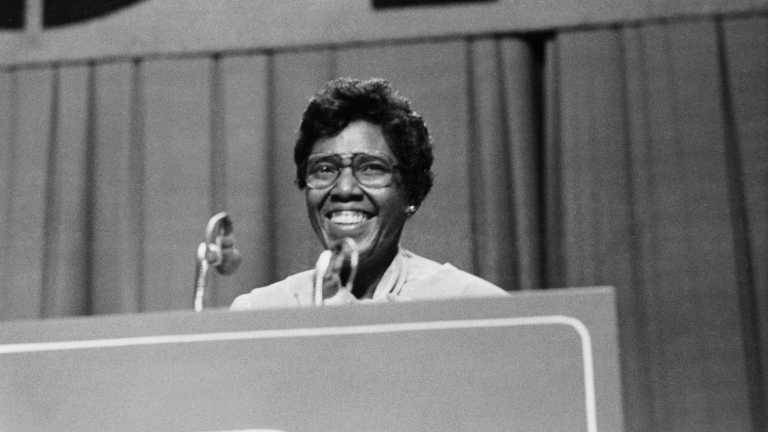
Photo by: Archive Photos/Getty Images
Barbara Jordan made history by winning the election to represent the Lone Star State in the U.S. House of Representatives in 1972, after becoming the first Black woman elected to the Texas state senate.
She became the first Black woman from the South to be elected to Congress as a result.
Daisy Bates
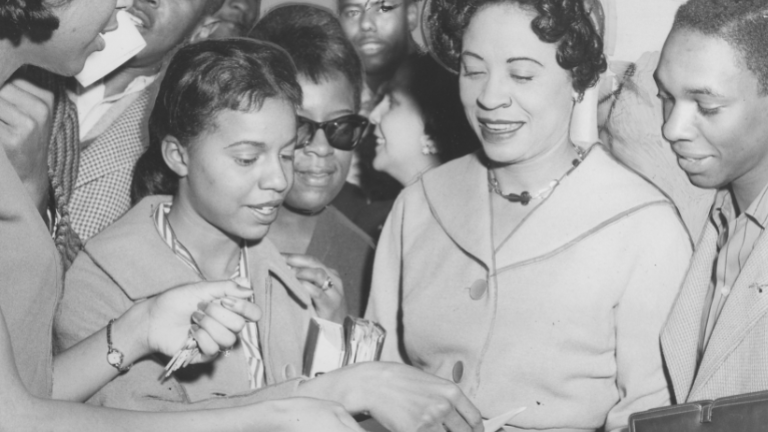
Photo by: Afro American Newspapers/Gado/Getty Images
Daisy Bates was a widely recognized civil rights movement heroine, who spearheaded the effort to desegregate Little Rock, Arkansas’s Central High School in 1957!
For those who are unfamiliar with the prominent civil rights activist, Bates was reared in a foster household after being born in 1914 in Huttig, Arkansas.
According to the National Women’s History Museum, she met her future spouse when she was fifteen, and they started exploring the South together. The pair established their own newspaper in Little Rock, Arkansas. One of the few African American publications entirely focused on the Civil Rights Movement was The Arkansas Weekly.
The paper was distributed throughout the state. In addition to serving as an editor, Bates frequently wrote pieces.
Bates naturally collaborated with regional Civil Rights organizations. She presided over the Arkansas chapter of the National Association for the Advancement of Colored People for a long time (NAACP).
Vice President Kamala Harris
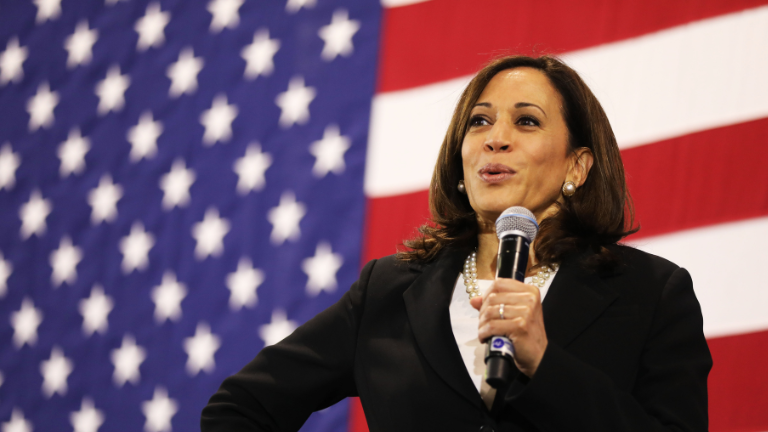
Photo by: Spencer Platt/Getty Images
As Vice President, Kamala Harris took the oath of office to become the first Black and South Asian woman vice president of the United States on January 20, 2021!
Harris took the pledge while putting her left hand on a bible that belonged to Thurgood Marshall, the first Black Supreme Court Judge, while wearing purple and a pearl necklace in honor of her sorority, Alpha Kappa Alpha Sorority, Inc.
Who are your favorite women to celebrate during Women’s History Month? Let us know in the comments section below!
Like TV One on Facebook and be sure to follow us on Instagram and Twitter.







